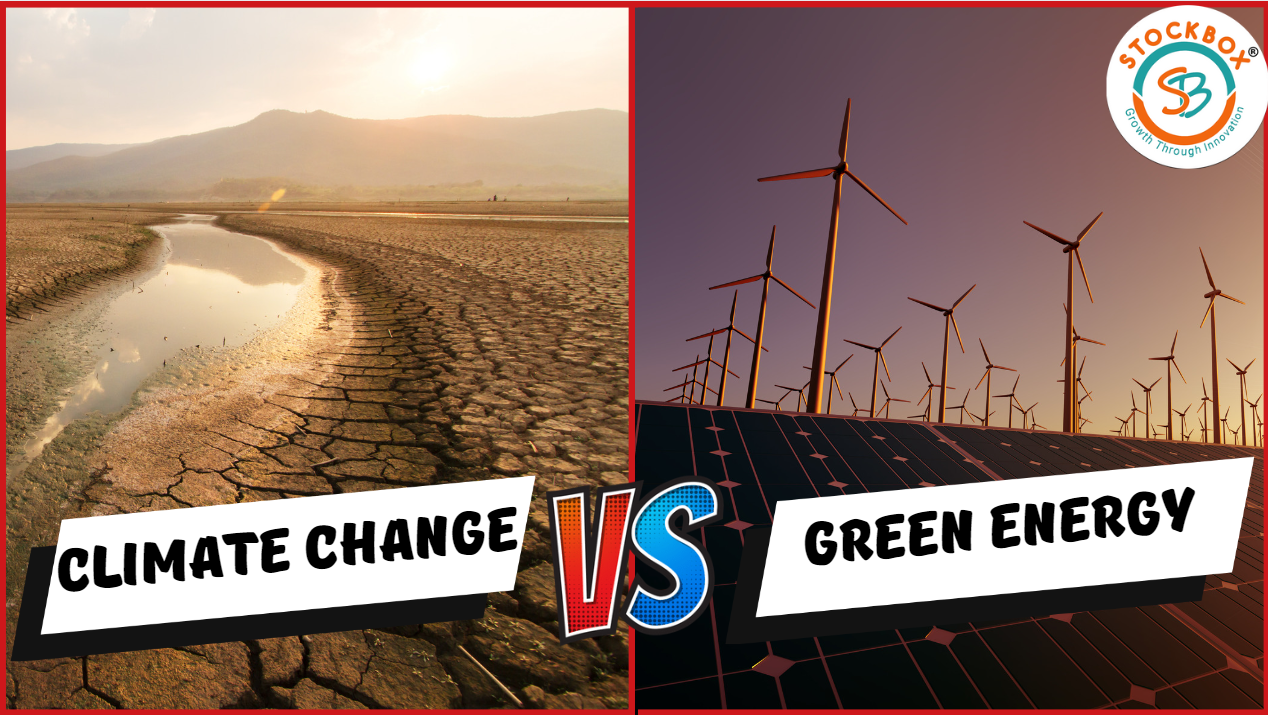The switch to green energy sources has gathered substantial pace as the globe struggles with the pressing need to combat climate change. To reduce dependency on fossil fuels, the use of renewable energy is being embraced by nations all over the world. However, this switch faces unanticipated challenges due to the rising temperatures and the effects of climate change. This article examines the various problems and difficulties that may develop as the world attempt to fight climate change while also making the transition to the future of renewable energy.
- Reduced Energy Production: Increasing temperatures tends to decrease the effectiveness of renewable energy sources, especially solar and wind energy. Photovoltaic panels’ efficiency and output may be reduced by high temperatures, which results in less energy being produced. Similar to how harsh weather may alter wind patterns, climate change has an impact on wind power’s dependability and regularity. A steady and reliable renewable energy supply may face challenges as a result of these energy generating alterations.
- Climate change makes the water crisis worse affecting the efficiency and potential of many green power systems. For instance, hydropower depends on the steady supply of water to produce energy and hence may be impacted by droughts and altered precipitation patterns that result in reduced water levels in rivers and reservoirs. Water shortage can also have an impact on thermal power plants’ cooling systems. Maintaining ideal operational conditions for such systems becomes difficult in the absence of adequate water supplies.
- Infrastructure Vulnerability: Climate change-exacerbated extreme weather events can damage renewable energy infrastructure like solar farms and wind turbines. The underlying strength of these infrastructures is at risk from hurricanes, cyclones, strong storms and other such extreme weather conditions. Also the offshore wind farms are also susceptible to danger due to rising sea levels and coastal erosion. The layout and upkeep of green energy infrastructure must incorporate more resilience safeguards and adaption techniques due to these climate-related risks.
- Disruptions to Global Supply Chains: The manufacturing and distribution of renewable energy technology may be impacted by supply chain disruptions caused by climate change. Floods and storms are examples of extreme weather conditions that can harm manufacturing facilities, halt the supply of raw materials, and might also delay equipment delivery. Furthermore, the use of rare earth elements within certain renewable technologies raises questions regarding sustainable procurement as well.
- Finance and Policy Uncertainty: For decision-makers and entrepreneurs of the alternative energy business, climate change brings with it a certain amount of uncertainty. Planning for the years to come and making decisions can be difficult due to changing weather patterns and legislative frameworks. This highlights the necessity for consistent, dependable, and encouraging policies to promote long-term growth in the renewable energy sector.
Fighting climate change necessitates moving towards a green energy future, but doing so doesn’t come without difficulties. Climate change and rising temperatures create uncertainty and the possibility of interruptions in the production of renewable energy, water availability, infrastructure, supply networks, and economic environments. Proactive adaptation strategies, strong policy frameworks, technical developments, and cross-border cooperation are needed to address these difficulties.

